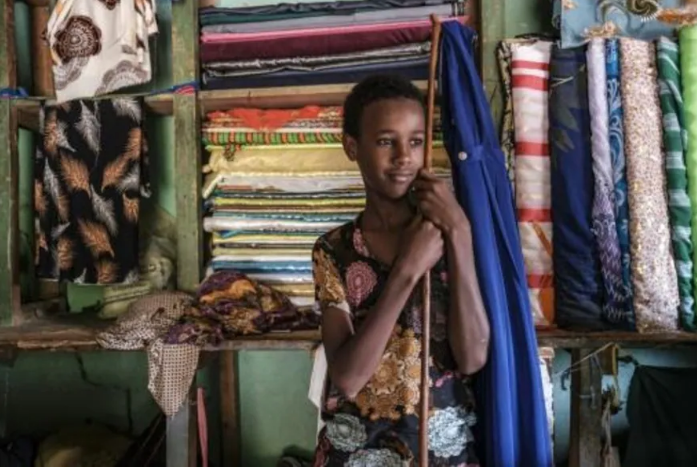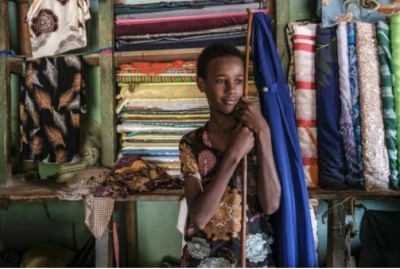The influx of Ethiopian refugees to Sudan continues due to the fighting in the Tigray region, according to Sudanese authorities who expect the arrival of five thousand refugees in the next forty-eight hours. A Sudanese government official told AFP by phone on Wednesday, while at the refugee reception center in Hamdayet in Kassala State in eastern Sudan, "We expect around five thousand asylum seekers within the next 48 hours as the battles in Tigray intensify." The Sudanese official also noted that heavy rainfall in Ethiopia and the flooding of the Setit River, which separates the two countries, may hinder the movement of Ethiopians crossing the border, pointing out that three refugees drowned in the river on Tuesday while attempting to cross.
The Tigray region in northern Ethiopia has been witnessing a military conflict between the central government and the Tigray People's Liberation Front (TPLF) since November 4, when Ethiopian Prime Minister Abiy Ahmed announced an attack on the region after accusing the front of attacking federal army camps. The conflict has resulted in enormous human losses and a horrific humanitarian crisis. The United Nations World Food Programme states that 5.2 million people, or 91% of the Tigray population, require emergency food assistance, and around 60,000 people have fled to Sudan seeking asylum.
A Sudanese government report indicated on Monday that three thousand individuals crossed the Ethiopian border into the village of Taya in the Basinda locality. The report specified that the refugees belong to the Komont tribe, which inhabits the rural areas near the city of Gondar in the Amhara region adjacent to Tigray. The Basinda locality is located in the Gedaref State of eastern Sudan within the agricultural Fashaga area, which is contested by Sudan and Ethiopia; the Sudanese army redeployed its forces there in November.
The Fashaga conflict has deteriorated relations between Khartoum and Addis Ababa in recent months, with both sides exchanging accusations of violence and land violations in the region. The dispute between Addis Ababa and Cairo and Khartoum over the Grand Ethiopian Renaissance Dam on the Blue Nile, the primary tributary of the Nile River, has further heightened tensions between the two countries.
Additionally, Médecins Sans Frontières (Doctors Without Borders) warned in a statement on Tuesday about the spread of hepatitis virus among the Ethiopian refugee camps in Kassala and Gedaref states in eastern Sudan. The statement noted, "In the last few weeks, MSF medical teams in the Um Rakuba camp in Gedaref and the reception center in 8/Al Hoshba have received 278 cases." It added that the Um Rakuba camp is currently reporting 15 cases of hepatitis E daily.




